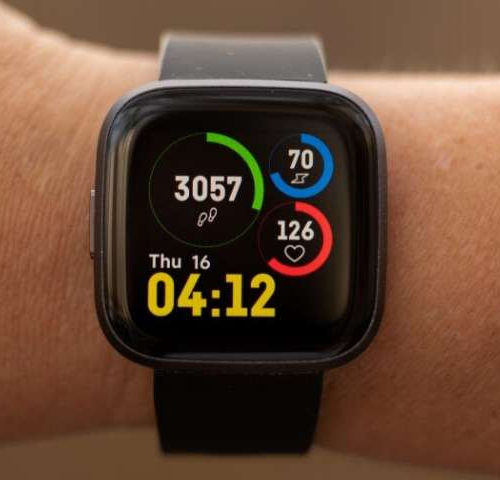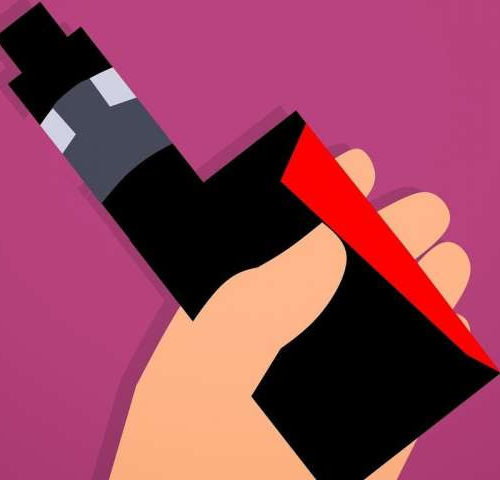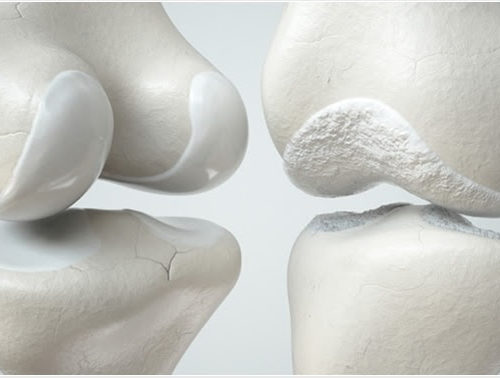by Mia Schaumberg, The Conversation A tweet saying ibuprofen reduces menstrual flow by 50% went viral last month. The original tweet and ensuing responses fueled a debate about society’s supposed unwillingness to talk about periods. At the same time, many women responded with questions about the evidence behind this notion, how it works, and the...
What’s the link between erectile dysfunction and high cholesterol?
High cholesterol is a risk factor for many conditions, including erectile dysfunction (ED). Erectile dysfunction is a condition in which a person with a penis is unable to get or maintain an erection sufficient for sexual intercourse. Although it is not usual to have this issue occasionally, people with ED experience it regularly. There are...
10,000 steps: Not quite magical when it comes to weight
by Todd Hollingshead, Brigham Young University For years now, 10,000 steps a day has become the gold standard for people trying to improve their health—and recent research shows some benefits can come from even just 7,500 steps. But if you’re trying to prevent weight gain, a new Brigham Young University study suggests no number of...
Three things women should know about heart disease
by From Mayo Clinic News Network All women face the threat of heart disease, which is the No. 1 killer of Americans, according to the Centers for Disease Control and Prevention. Mayo Clinic cardiologist Dr. Amy Pollak, a Mayo Clinic cardiologist, says there are many important things women should know about heart disease. “The first...
Lupron for endometriosis: What you need to know
The injectable drug leuprorelin (Lupron) may help temporarily ease endometriosis symptoms in people who find that other treatments are providing no relief. Lupron is a common brand name for leuprorelin. Other brand names include Eligard and Lucrin. The drug can cause intense side effects in some people. Because it also reduces estrogen levels, Lupron causes...
Heartburn or heart attack: When to worry
Severe heartburn and heart attack can be hard to tell apart. Understand how they typically differ, and learn when to get immediate help. By Mayo Clinic Staff You’ve just eaten a big meal and feel a burning sensation in your chest. Heartburn, right? Probably, but there’s a chance the chest pain is caused by reduced...
Lupus patients who take their medications lower their diabetes risk
by University of British Columbia Patients with lupus who take their medications as prescribed have much lower odds of developing type 2 diabetes, a common complication of the disease, finds a new study from the University of British Columbia. Patients with lupus who take their medications as prescribed have much lower odds of developing type...
Vapers show chemical changes in their genome linked to cancer
by Keck School of Medicine Biologically important changes in DNA seen in smokers are also being found in people who vape, according to a new study published in the journal Epigenetics. A team of scientists at the Keck School of Medicine of USC have found people who vape exhibit similar chemical modifications in their overall...
Sitting still linked to increased risk of depression in adolescents
by University College London Too much time sitting still—sedentary behaviour—is linked to an increased risk of depressive symptoms in adolescents, finds a new UCL-led study. The Lancet Psychiatry study found that an additional 60 minutes of light activity (such as walking or doing chores) daily at age 12 was associated with a 10% reduction in...
What is the Difference Between Arthritis and Rheumatism?
What is Arthritis? Arthritis, derived from Greek for “disease of the joints,” is the chronic or acute inflammation of joints, which is often accompanied by structural damage and pain. In contrast, rheumatism is an informal term used to describe joint diseases or syndromes. Image Credit: Anut21ng Photo / Shutterstock Medical literature does not generally use...









